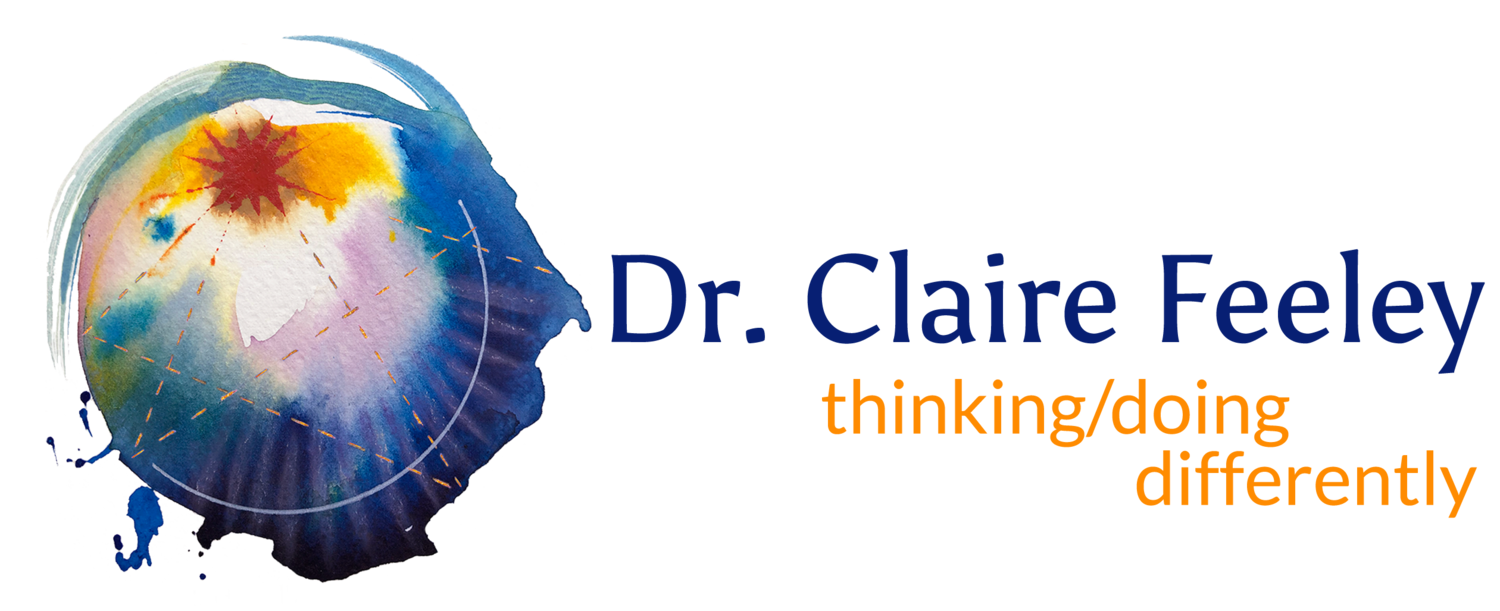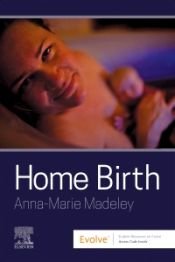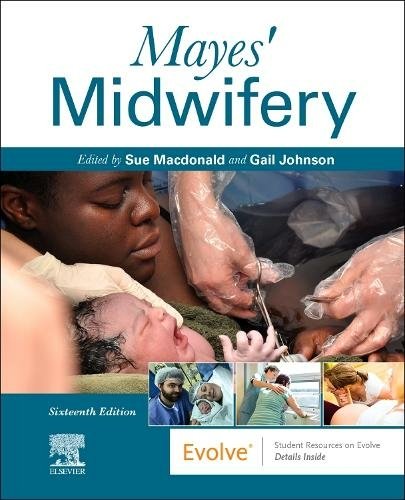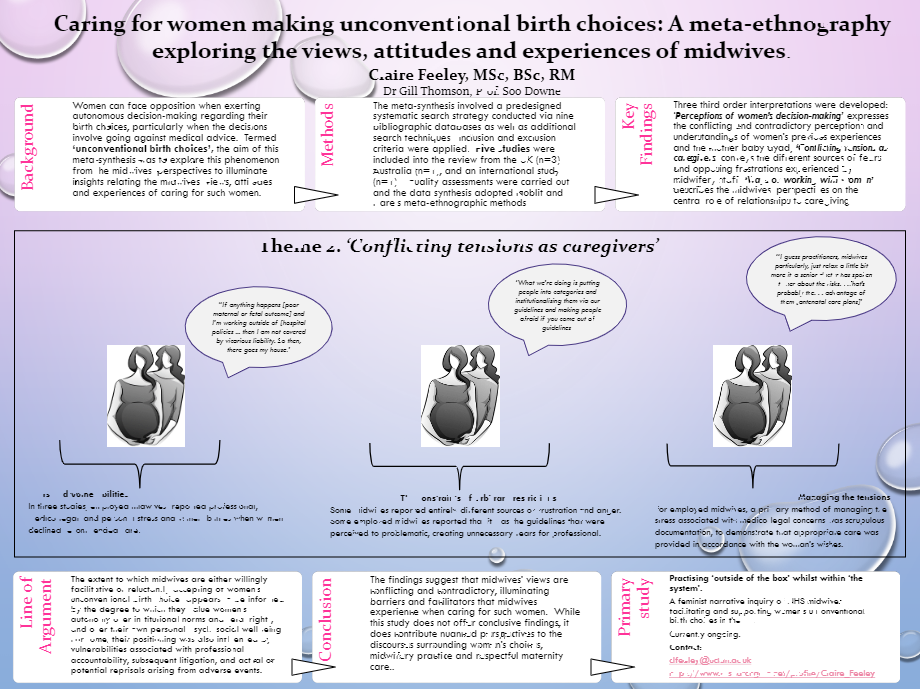
‘Alternative’ physiological birth
My freebirthing research found birthing women and people’s choices were not respected or supported when seeking so-called ‘out of guidelines’ physiological birth care. The distress and trauma for those not supported in their birth decisions were profound - with substantial other research recognising the importance of providing individualised maternity care. This propelled me to consider the issue from a different perspective - how might midwives working within the system (i.e., the NHS) provide out of guidelines care for those seeking a physiological labour and birth?
My PhD research focused on midwives who proactively supported and facilitated the physiological birth choices of birthing women and people made which sit ‘outside’ of maternity guidelines or recommendations - which I call alternative physiological birth choices. These choices include a vast array of decisions from those with pre-existing medical disorders seeking midwifery-led care (home/birth centre) or perhaps those who prefer hospital but do not want specific routine medical care or interventions, to those with healthy ‘low risk’ pregnancies declining aspects of care (and everything in between).
This research sits within and expands upon the complex sociocultural-political contexts of birthing practices and maternity service provision. Through this research, several research questions have been asked and answered:
How midwives facilitated these birth choices which demonstrated the practical clinical, emotional and safe care they provided for a wide range of ‘out of guideline’ birth choices.
How midwives experienced delivering this care which highlighted extremely polarised accounts, from joyous, uplifting accounts of fulfilment to deeply distressing accounts of moral injury - both extremes were mediated by the midwives’ workplace environments.
How the sociocultural-political contexts influenced their practice which situated their experiences and workplace contexts within a newly developed theoretical model - 'stigmatised to normalised practice’. This model offers a new way to view the midwives’ workplace experiences when delivering alternative physiological birth care.
Within this page are links to research papers, book chapters, the ASSET model (guide for professionals) and media. Most of this content is free to access but do get in touch should an item be behind a paywall.
See here for information about my new book - ‘‘Supporting physiological birth choices in midwifery practice: The role of workplace place culture and politics’’.
Publications
Feeley, C (2023) Supporting physiological birth choices in midwifery practice: The role of workplace place culture and politics. Monograph- Routledge. OUT NOW!
Madeley, A and Feeley, C. (2023) Homebirth in the presence of complex needs Home Birth 1st Edition. Eds Anna Madeley. Elsevier. OUT NOW!
Byrom, A., Feeley, C., Byrom, S. (2023) The choice and personalisation agenda: and place of birth and care, Mayes' Midwifery, 16th Edition
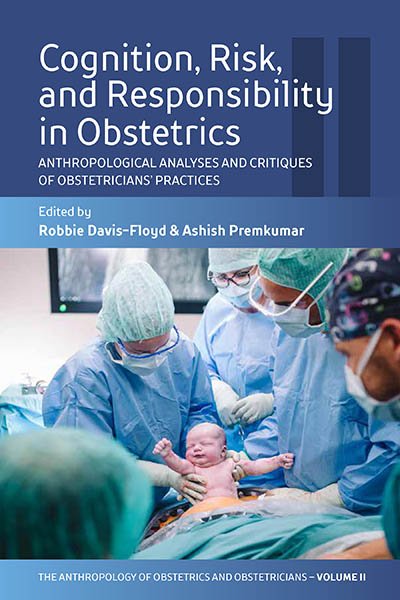
Lokugamage, A & Feeley, C. (2023) Cognition, Risk, and Responsibility: Home Birth and Why Obstetricians Fear It, in The Anthropology of Obstetrics and Obstetricians: The Practice, Maintenance, and Reproduction of a Biomedical Profession. Eds David-Floyd, R & Premkumar, A. Berghan Books: US
Feeley, C. (2022) The ASSET model: What midwives need to support alternative physiological births (outwith guidelines). The Practising Midwife. 25(2):26-30.
Feeley, C., Thomson, G., Downe. S. (2021) ‘Stories of distress versus fulfilment’: A narrative inquiry of midwives’ experiences supporting alternative birth choices in the UK National Health Service. Women and Birth. 35(5):e446-e55.
Feeley, C., Thomson, G., Downe, S. (2020) Understanding how NHS midwives facilitate women’s alternative birthing choices: Findings from a feminist pragmatist study. PLOS ONE 15(11): e0242508
Feeley, C (2019) Practising outside the box whilst within the system. The Practising Midwife. 22(7) 22-26.
Feeley, C., Thomson, G., Downe S (2019). Caring for women making unconventional birth choices: A meta-synthesis exploring the views, attitudes, and experiences of midwives. Midwifery, 72, 50-59.
Feeley, C. (2017) Poster Presentation: Caring for women making unconventional birth choices: A meta-ethnography exploring the views, attitudes, and experiences of midwives
